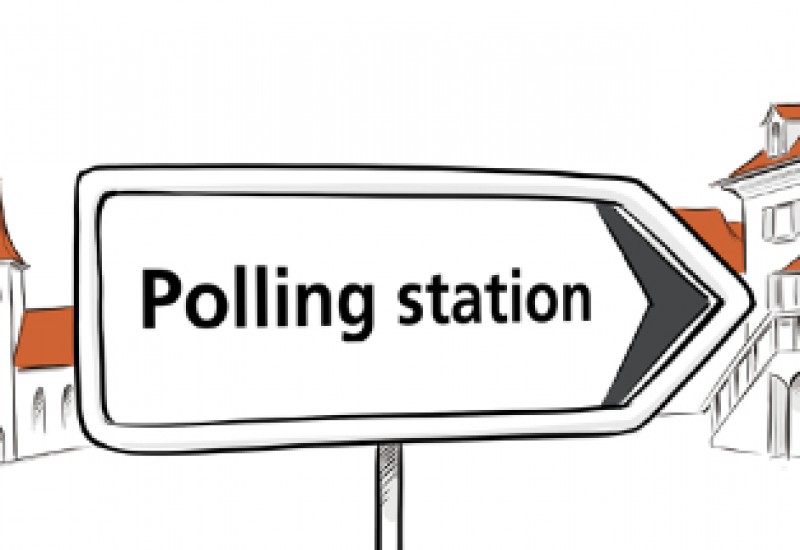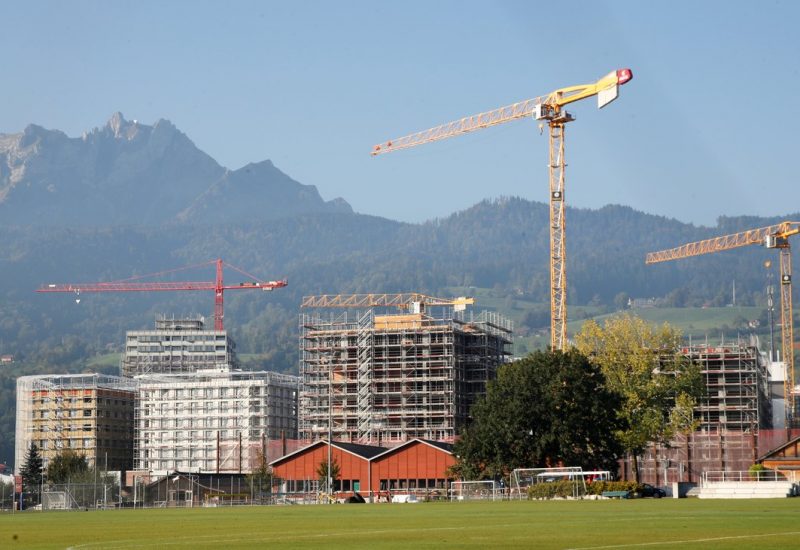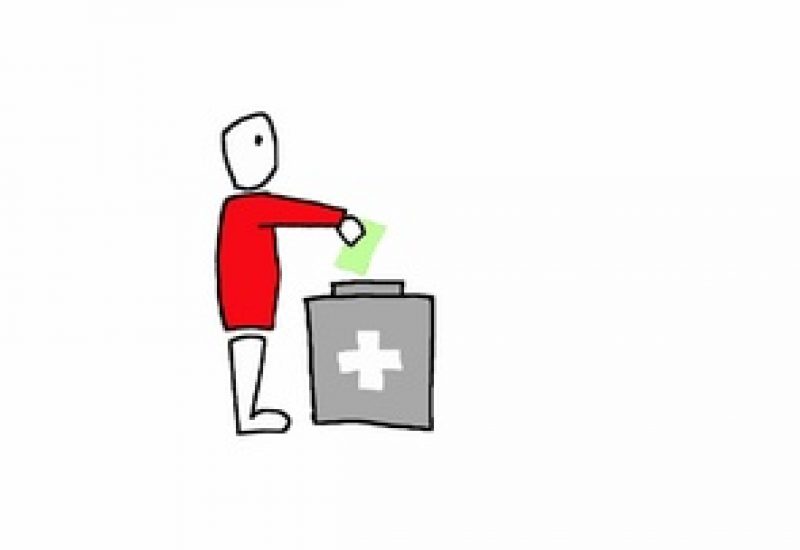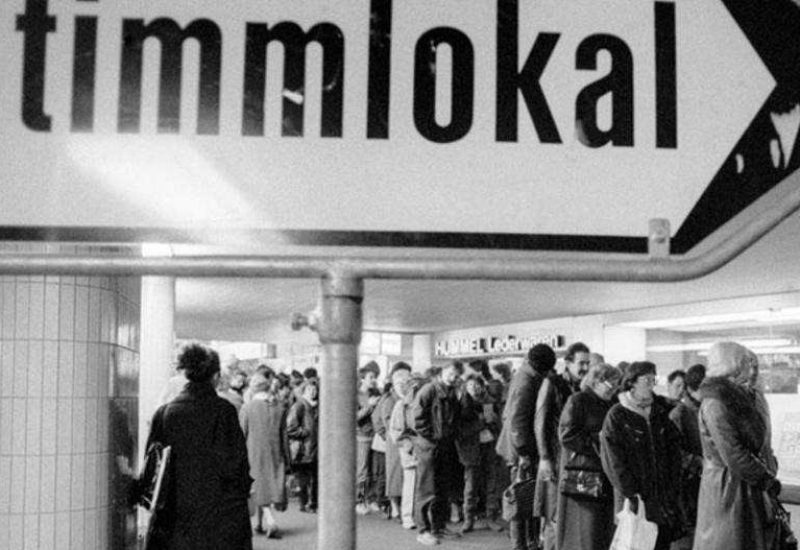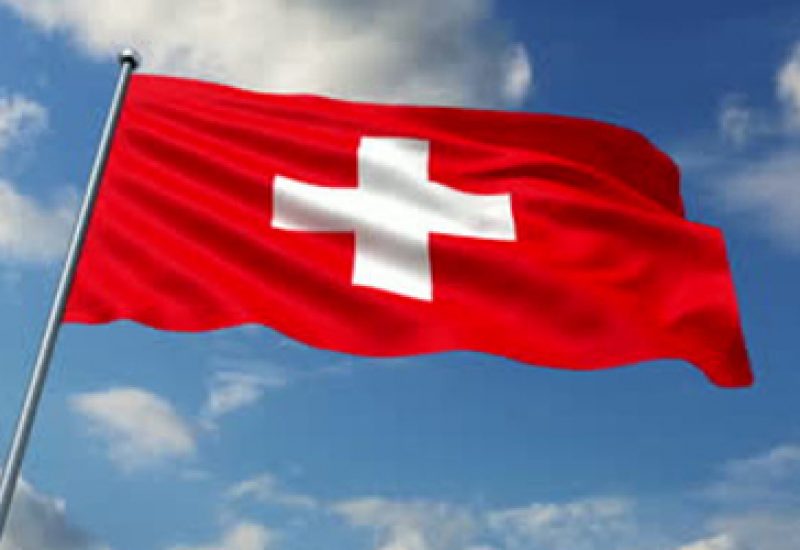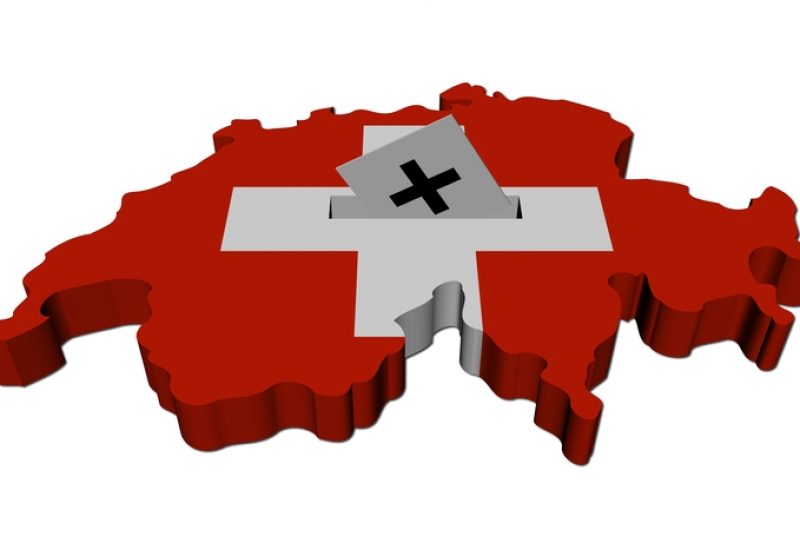- December 4, 2020
- 5:14 pm
- Constitutional Change
by Markus Kern/Fabian Schmid.
On November 29, 2020, the Swiss electorate had to vote on two Popular Initiatives:
the Popular Initiative “For responsible businesses – protecting human rights and the environment” and
the Popular Initiative “For a ban on financing war material manufacturers”
